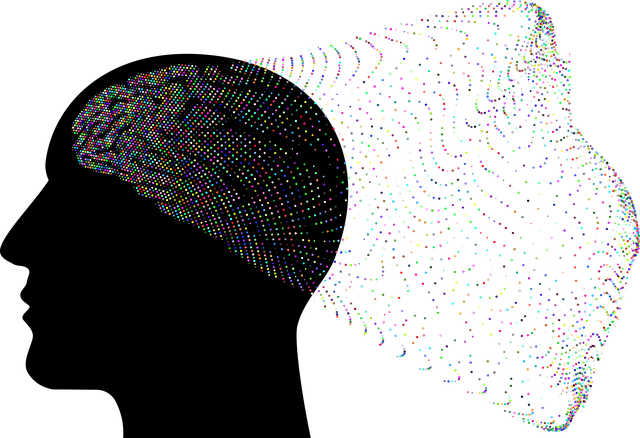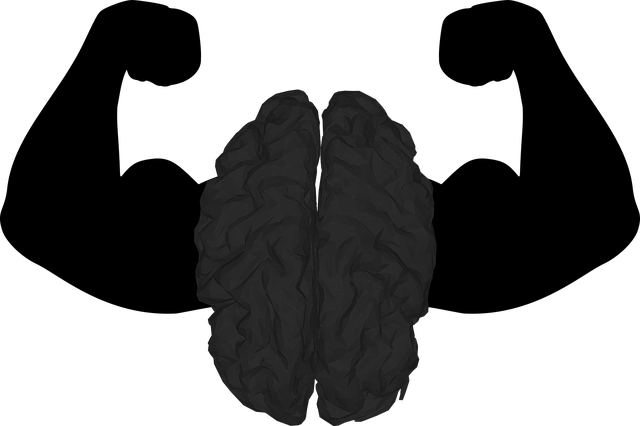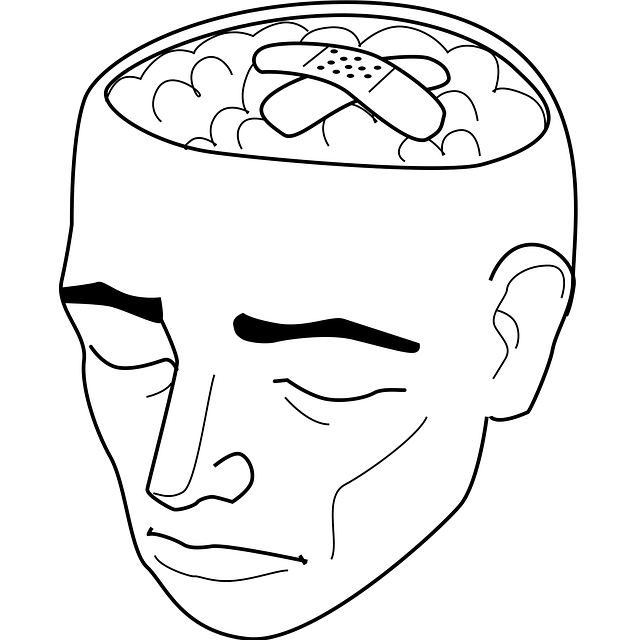Centennial International Adoptions Therapy (CIAT) prioritizes patient safety through comprehensive risk assessment, tailored interventions, and evidence-based programs like Social Skills Training and Inner Strength Development. The CIAT Framework offers a holistic approach to mitigate risks in international adoptions, addressing immediate needs and long-term emotional development. Using advanced risk assessment tools, experts at CIAT identify vulnerabilities, foster resilience, and develop personalized strategies for harm minimization. They continually monitor and adapt their processes to ensure a safe, supportive environment for all clients, integrating new mental health education programs and adapting to legal changes.
Risk assessment and harm minimization planning are essential components of safe practice in various sectors, including adoption therapy. This comprehensive guide explores these critical aspects through a lens inspired by the Centennial International Adops Therapy Framework. We delve into understanding risk assessment as a cornerstone of safety, identifying and evaluating potential risks, developing effective harm minimization strategies, and the ongoing monitoring required to ensure long-term safety.
- Understanding Risk Assessment: A Cornerstone of Safe Practice
- The Centennial International Adoptions Therapy Framework
- Identifying and Evaluating Potential Risks and Harms
- Developing Effective Harm Minimization Strategies
- Continuous Monitoring, Review, and Adaptation: Ensuring Long-Term Safety
Understanding Risk Assessment: A Cornerstone of Safe Practice

Risk assessment is a foundational aspect of safe practice across various industries, and mental health services are no exception. At Centennial International Adoptions Therapy, we recognize that understanding risk factors and implementing effective harm minimization strategies are essential components of comprehensive patient care. This process involves meticulously evaluating potential hazards within our therapeutic environment, focusing on both internal and external variables.
By conducting thorough risk assessments, our skilled professionals can identify individuals at heightened risk of self-harm or violence, enabling us to provide tailored interventions. We integrate evidence-based practices, including Social Skills Training and Inner Strength Development programs, into our harm minimization plans to empower clients with coping mechanisms and enhance their overall well-being. This proactive approach ensures that we are equipped to address risks promptly, fostering a safer and more supportive therapeutic space for all.
The Centennial International Adoptions Therapy Framework

The Centennial International Adoptions Therapy Framework provides a comprehensive approach to understanding and managing risks associated with adoptions, ensuring the safety and well-being of both adoptive parents and children. This framework emphasizes the importance of a holistic assessment that considers not just the child’s immediate needs but also their long-term emotional and psychological development. By integrating self-care practices for adoptive families and crisis intervention guidance, the framework aims to promote resilience and emotional well-being promotion techniques for all involved parties.
Adhering to this framework ensures a structured process of identifying potential risks, implementing harm minimization strategies, and providing ongoing support. It recognizes that adoptions can bring unique challenges, including adjusting to new family dynamics, understanding cultural differences, and addressing any pre-existing trauma or mental health concerns. Through evidence-based practices and a focus on individual needs, the Centennial International Adoptions Therapy Framework fosters healthier outcomes for adoptive families while navigating the complexities of international adoptions.
Identifying and Evaluating Potential Risks and Harms

Identifying and evaluating potential risks is a crucial step in harm minimization planning. At Centennial International Adoptions Therapy, we recognize that every client and situation is unique, necessitating a tailored approach. Our experts employ comprehensive risk assessment tools to scrutinize various aspects, including past trauma, mental health history, and current circumstances. By integrating Compassion Cultivation Practices and Mental Health Education Programs Design, we go beyond merely identifying risks; we aim to foster resilience and promote positive thinking as part of our holistic therapy approach.
This meticulous process involves analyzing both direct and indirect hazards that could negatively impact an individual’s well-being during their journey with us. We consider environmental factors, interpersonal relationships, and behavioral patterns, ensuring no stone is left unturned. The goal is not merely to predict potential harms but to proactively develop strategies that mitigate these risks, creating a safer and more supportive environment for all clients engaging in our services, including international adoptions.
Developing Effective Harm Minimization Strategies

Developing effective harm minimization strategies is a critical aspect of risk assessment, particularly for organizations like Centennial International Adoptions Therapy that prioritize client well-being. These strategies should be tailored to address unique challenges and individual needs, focusing on fostering resilience building within each client. By implementing evidence-based practices, such as those promoting mental wellness and mood management, the therapy center can proactively mitigate potential risks and enhance overall positive outcomes.
Centennial International Adoptions Therapy recognizes that harm minimization is not a one-size-fits-all endeavor. Customized interventions that cater to diverse client profiles are essential. Through comprehensive risk assessments, therapists identify specific triggers and vulnerabilities, enabling them to design personalized plans. This proactive approach ensures that clients receive the support they need to navigate life’s challenges, thereby fostering mental wellness and promoting healthier mood management strategies.
Continuous Monitoring, Review, and Adaptation: Ensuring Long-Term Safety

Continuous monitoring, review, and adaptation are vital components of long-term safety for organizations like Centennial International Adoptions Therapy. This proactive approach ensures that risk assessment strategies remain effective as dynamic environments demand constant evolution. Regularly evaluating internal processes, external factors, and emerging trends allows for swift adjustments to harm minimization plans. For instance, adapting to evolving legal landscapes or integrating new mental health education programs design can strengthen protective measures.
Centennial International Adoptions Therapy demonstrates its commitment to emotional regulation by fostering an atmosphere where open communication encourages the early identification of potential risks. Employing conflict resolution techniques empowers individuals within the organization to address issues promptly and constructively, thereby enhancing overall resilience. This continuous cycle of monitoring, reviewing, and adapting underscores Centennial’s dedication to providing a safe and supportive environment for all involved parties.
Risk assessment and harm minimization planning are vital components of responsible practice in adopting therapy. The Centennial International Adoptions Therapy Framework provides a comprehensive blueprint, guiding professionals through every stage. By understanding potential risks, evaluating them rigorously, and implementing effective strategies, therapists can ensure the safety and well-being of both the adoptees and their families. Continuous monitoring, review, and adaptation are essential to maintaining long-term safety, ensuring that practices remain robust and beneficial in an ever-evolving therapeutic landscape.














